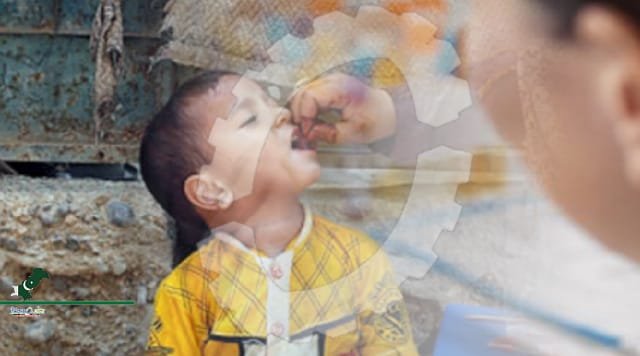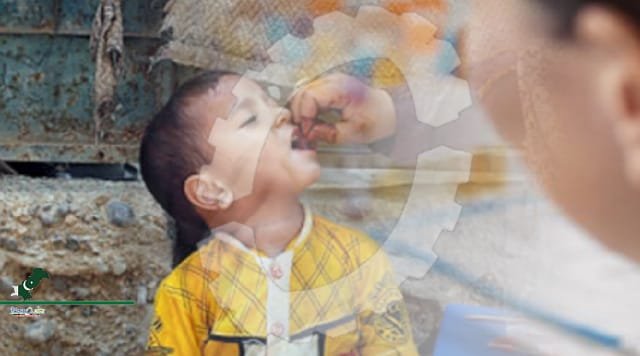there is no difference between vaccines used to inoculate children at public or private hospitals in the country as all the leading private hospitals, including the Aga Khan University Hospital (AKUH), Liaquat National Hospital and others, offer the same vaccine-preventable diseases that is used to inoculate children at the government vaccination centres,

There is no difference between vaccines used to inoculate children at public or private hospitals in the country as all the leading private hospitals, including the Aga Khan University Hospital (AKUH), Liaquat National Hospital and others, offer the same vaccine that is used to inoculate children at the government vaccination centres, leading paediatricians and officials said on Thursday.
“Some people prefer to get their children inoculated at private hospitals but they are not aware that more than 97 per cent of vaccines for children are provided by the health authorities in Pakistan. Vaccination centres of the government have better cold chain mechanism and expertise to keep the vaccines safe and effective,” renowned pediatrician and general secretary of the Pakistan Paediatric Association (PPA) Dr Khalid Shafi said while speaking at an orientation session for journalists on Thursday.
The session titled ‘Equitable Immunisation: Role of Media’ was organised by the Expanded Program on Immunisation (EPI) Sindh at the Karachi Press Club in connection with World Immunisation Week that would be observed all over the world from April 24 to 30, 2022, to highlight the collective action needed and promote the use of vaccines to protect people of all ages against disease.
Dr Shafi deplored the fact that Pakistan had the highest rate of neonatal, infant and child mortality in the region where around 300,000 children died every year before seeing their fifth birthday. He said one of the major reasons behind high child mortality was refusal to get children vaccinated against vaccine-preventable diseases.
“Federal and provincial governments are providing 12 vaccines worth 50,000 to 70,000 rupees for the children free of charge to prevent them from premature deaths but unfortunately, hardly 70 to 75 per cent parents get their children vaccinated against preventable diseaseslike pneumonia, measles, typhoid, hepatitis, tetanus, diphtheria and others.
Dr Shafi said pneumonia was the major killer of children in the vaccine-preventable diseases which claimed lives of 71,000 children. It was followed diarrhoea and other diseases.
He urged the print, digital and electronic media organisations to play their role in highlighting the importance of vaccination in saving the lives of children.
Technical focal person from the EPI Dr Ehsanullah Khan explained the functioning of the EPI, saying the through this programme, 12 antigens or vaccines were given to children free of charge within the first two years of birth. He added that there were 4,000 vaccinators in Sindh in addition to thousands of lady health workers (LHWs) to inoculate 20 million children.
He urged the media to educate people to get their children vaccinated to save their lives. Deputy Project Director of the EPI Sindh Dr Khalilullah Memon said around 21 outbreaks of measles were reported from different areas of Sindh during the last five months. He added that around 2,000 measles cases were reported, of which 232 were confirmed through laboratory tests.
“There is a difference between a suspected case of measles and a confirmed case. vaccine-preventable When a person looks at a sick child with fever and rashes, he or she suspects that the baby might be infected with measles but confirmation can only be done through lab confirmation, which is conducted by the National Institute of Health (NIH), Islamabad,” he added.
Communication Specialist of Unicef Suneel Raja, who is associated with the EPI Sindh, said most modern ice-lined refrigerators were being used by the EPI to keep the vaccines safe, saying no private institution had such equipment which could keep the vaccines safe for several hours even without electricity.
“Vaccines, equipment and vaccinators are part of the most reliable vaccination set up as it is vetted by international health organisations including WHO, Unicef, GAVI and others, so media people should urge the parents to have trust in the government programme and get their children vaccinated from EPI centres,”
Source: This news is originally published by thenews
